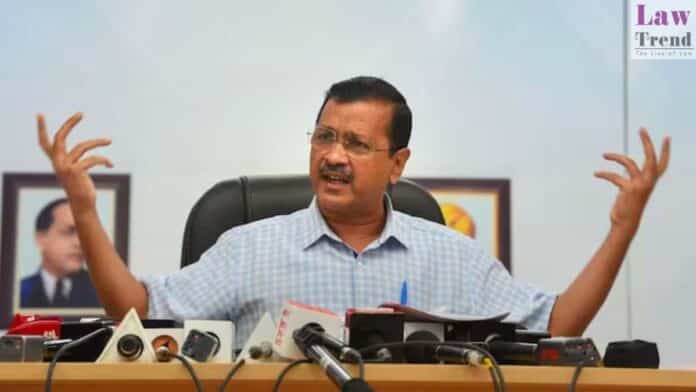In a dramatic turn of events on March 21, Delhi Chief Minister Arvind Kejriwal was arrested by the Directorate of Enforcement (ED) in connection with the controversial Delhi liquor policy case, marking him as the second Opposition Chief Minister to face arrest in less than two months. This development followed after Kejriwal evaded nine summons issued by the ED and shortly after the High Court denied him protection from arrest.
The arrest of Kejriwal has ignited discussions and speculations about the feasibility and legality of running a government from behind bars, a scenario that the Aam Aadmi Party (AAP) has insisted Kejriwal would adopt rather than resigning. Delhi government minister Atishi reiterated this stance shortly after the arrest, affirming Kejriwal’s intention not to resign.
Despite the logistical challenges that come with running an office from prison, there are no explicit legal restrictions preventing a Chief Minister from doing so until a conviction is made. According to the Representation of the People Act, 1951, disqualification of a sitting Chief Minister requires a conviction for certain offences.

The arrest of Kejriwal is not without precedent; Indian political history has seen Chief Ministers arrested, with some choosing to resign immediately in the face of legal challenges. For instance, Jharkhand Chief Minister Hemant Soren, arrested by the ED in a graft case, resigned and was replaced by his colleague Champai Soren.
Lalu Prasad Yadav and J Jayalalithaa are notable examples of Chief Ministers who resigned following their convictions in high-profile cases.
Also Read
The situation in Delhi is complicated further by the previous arrests of two of Kejriwal’s cabinet colleagues, Manish Sisodia and Satyendar Jain, adding layers of difficulty to governance under such circumstances.







